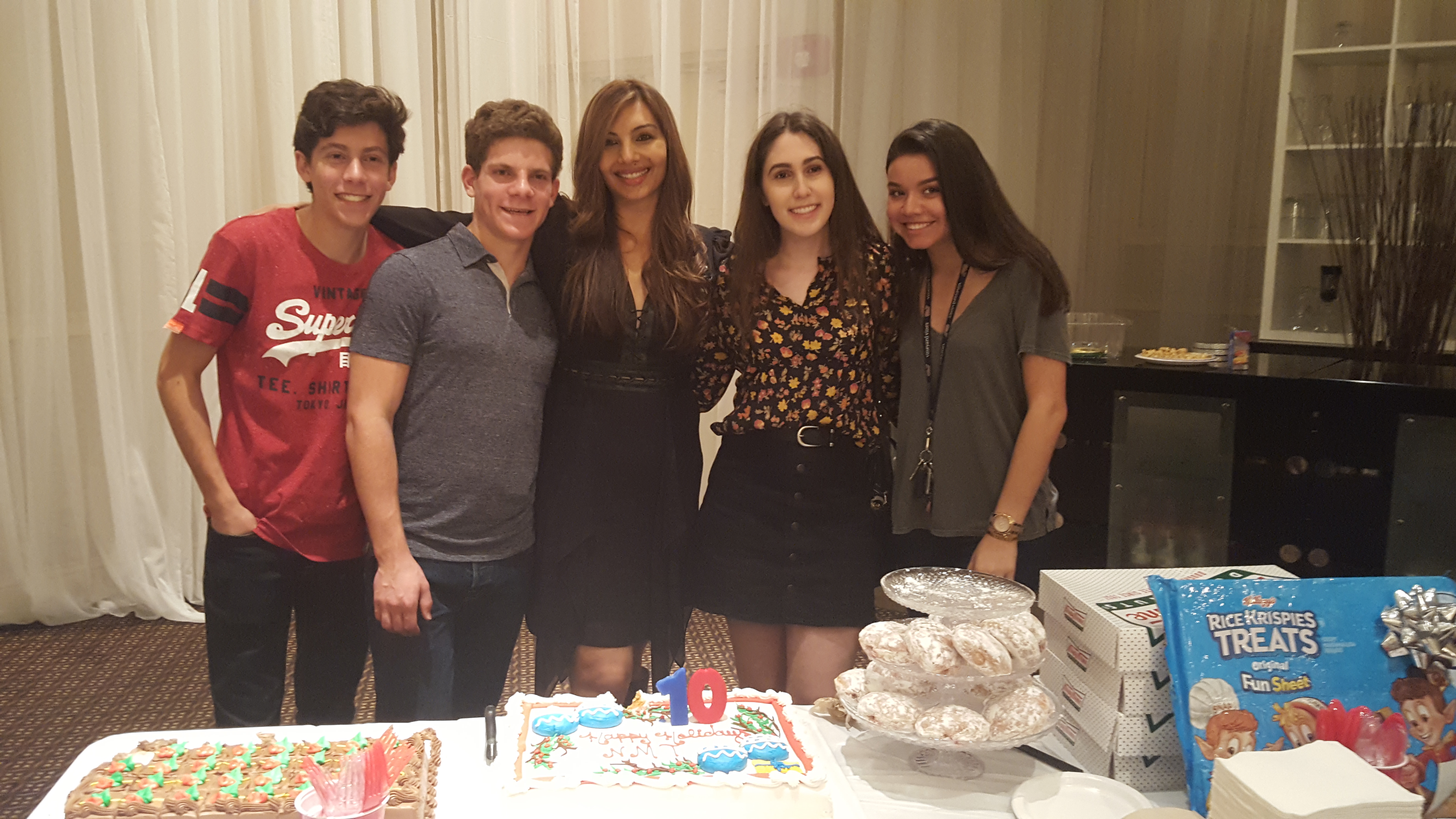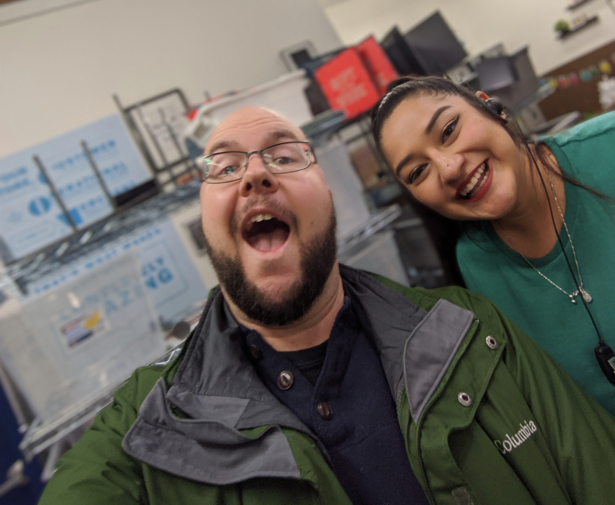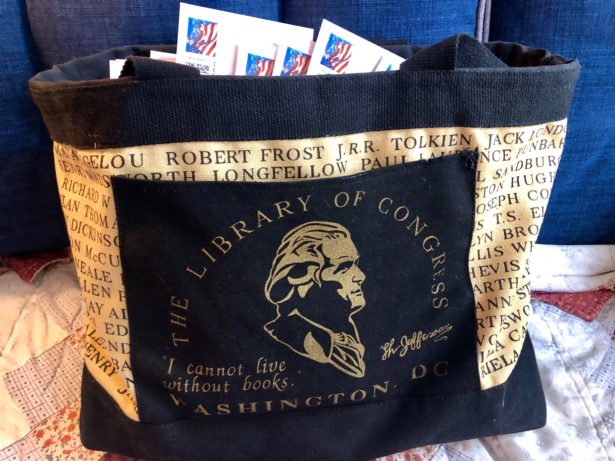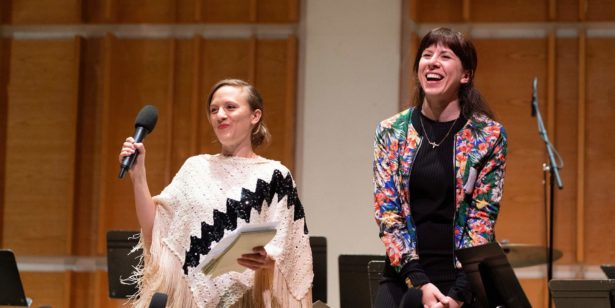
Leaving Bollywood Behind To Help Victims Of Human Trafficking
A different kind of role for an actress who once was a victim herself
As a girl, Somy Ali wanted nothing more than to act in Bollywood movies and fall in love with Bollywood’s most famous leading man, Salman Kahn. She achieved all that, but when her relationship with Kahn ended amidst reports of the older actor’s infidelity, Ali moved to Florida, began living off savings and investments, and in 2007 started a nonprofit known as No More Tears to help victims of domestic violence and human trafficking.
A brief warning to Good Turns readers: Though Ali’s work with No More Tears is among the most dedicated good deeds we’ve written about here, this post deals with some difficult topics (though not in graphic terms), so please be sure you’re comfortable with the content before you read on.
“I grew up in a lot of domestic violence,” says Ali (at center above, with fellow volunteers), who is originally from Pakistan. “I myself was sexually abused when I was five. We moved to the U.S. when I was 12, and I became a victim of rape at the age of 13. I was always exposed to and witnessed and experienced a lot of abuse, and I always wanted to do something for women and children and men who were also victims.”
So she did. No More Tears began by helping victims of domestic violence, but because Miami, where the organization is based, is one of the worst cities in the country in terms of human trafficking, Ali soon started working with victims of sex trafficking and similar crimes as well. “I realized that a lot of women were being brought to the U.S. from the Middle East and South Asia and all over world, and were victims of severe sexual and physical violence,” she told Good Turns recently.
“I hope more voices that have a platform speak up for those that are screaming and are not heard”
Over the last 10 years, No More Tears has helped thousands of men, women, and children, Ali says. “Initially we saw victims brought here through arranged marriages from India or Pakistan or the Middle East. We had cases where husbands would use them as sex slaves, or use them as servants, for lack of a better term. A lot of our cases are teenagers, boys and girls who’ve been physically and sexually abused in their homes, so they run away and end up in the hands of pimps,” Ali says.
In one recent case Ali handled, a woman had been brought from Brazil as a live-in nanny to care for two children. But the family refused to pay her, and claimed they owed her nothing because she had been living in their house, using their electricity and eating their food. When the nanny stood up for herself, “they beat her very, very badly,” Ali said.
Ali is not just a figurehead for the organization but is in the trenches helping victims on a day-to-day basis. She will often travel to meet victims, and makes sure they get the services they need, whatever those might be. “Every day is very different,” she says. Ali fields twenty to thirty calls a day, and works with organizations like the Department of Homeland Security, the FBI, local police departments, and other victims’ advocates. As she puts it, “We’re the second responders. We provide every service under the sun to empower a victim of human trafficking. We might help someone get a restraining order against a pimp or abuser. We provide four nights of emergency stay, in a hotel or another safe space. We’ll take her grocery shopping, take her to a therapist twice a week for ten sessions for free. I’m very emphatic on the therapy. We incur all the costs. We’ll take her for a general physical, to the dentist, to the OB/GYN. We’ll take them to a dermatologist, to a place that removes tattoos, because many of them get branded. We’ll take them to family law attorneys for divorces, to a mechanic that is able to spot tracking devices under the cars of victims.”
All of it is done at no cost to the victims, and Ali herself draws no salary from the organization. Private donors provide all of No More Tears’ funding. “I refer to myself as president and plumber,” Ali says. “We have no staff. I’ve had a gun pulled on me. It’s too dangerous to have these young interns and volunteers go with the victims to get groceries. In some instances the victims are followed. All the hands-on stuff with the survivors I do myself.”
Ali has left her acting career entirely behind, she says. Of the #MeToo moment that’s happening now, she says, “It’s about time. I wish we could have that movement in countries like Pakistan and India. I think everyone has a #MeToo story in those countries. This is something that was long overdue and I’m really happy that this is taking place. I hope it goes on and doesn’t fizzle out. I hope more voices that have a platform and have klout speak up for those that are screaming and are not heard.”
Of her work, “It’s very, very, very difficult,” she says. “It’s very draining, but the gratification is priceless.”
As is the presence of someone like Ali. On behalf of victims everywhere, we’re honored to be able to celebrate her work.
Posted February 9, 2018





